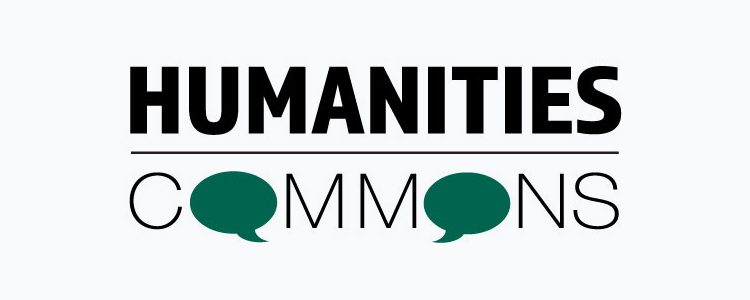Commons Open Repository Exchange: Open Access for Humanities Gets Ambitious

In January 2013, the Modern Language Association (MLA) introduced the MLA Commons. It was their first attempt to create an open access publishing forum within the organization. However, this was limited to the Association’s members as it was fundamentally a means by which members could discuss their work, share ideas, and create profiles for themselves.
The most encouraging aspect about the MLA Commons was its general approach: its creators were open to suggestions, open to new ideas about ways to improve its operation and mission. By welcoming new ideas from its members, MLA Commons eventually gave rise to the Humanities Commons and its open access repository, the Commons Open Repository Exchange or CORE for Humanities.
Genesis of CORE
The Humanities Commons manifesto states that they are a trusted, nonprofit, open access network where humanities scholars are allowed to create a professional profile, discuss common interests, develop new publications, and also share their work.
By opening up the MLA Commons to the entire field of Humanities, the MLA, and its partners—The Association for Slavic, East European, and Eurasian Studies (ASEEES), The Association for Jewish Studies (AJS), and the College Art Association (CAA)—have significantly broadened the academic network and audience within the Humanities. The idea was that interactions would be more fruitful if there were a wider range of participants. It is natural for professionals who have foundational elements in common, though not necessarily in the same field, to want to work with one another. Individual fields within the humanities do not operate in isolation in the “real world” or on campuses.
Not only did CORE welcome more participants, they welcomed a much wider variety of materials and publications. The list is long:
- Peer-reviewed journal articles
- Abstracts
- Data sets
- Translations
- Book reviews
- Teaching materials
- Lecture notes
- Conference materials
- Dissertations (not necessarily intended for publication, but the author wants to share)
- Maps
- Charts
Prior to CORE, much of the above had to be shared in person. Lecture notes and teaching materials were typically available to share amongst colleagues on the same campus. General web searches are scattershot at best. First-time instructors or professors teaching a new course will now benefit immensely from a trusted source for these materials. Conference materials are usually available only to attendees. While these materials cannot substitute for attendance at a particular conference, colleges and universities do not always have the budgets to send their professors to more than one major conference per academic year. Therefore, making these materials available to a wide audience serves to further the cause of the conference sponsors and the professional development of academic professionals. Also, doctoral research can now be shared within an academic network of the author’s peers, at no cost. This can be of great benefit both professionally and personally to the author.
The list continues to grow as members get more creative. In addition, the ability of scholars to provide input on works in progress and collaborate continues to develop, facilitated by increased interest and improving technology. This is academic publishing at its most dynamic.
Promising Future Ahead
Humanities Commons’ is an open access, open source, nonprofit network and the key to it remaining a legitimate and trusted entity is its nonprofit status. Once money and profits are involved, politics gets involved and publishing choices and conversations become open to suspicion about motivation and influence.
Membership control over the organization builds trust and in-depth membership profiles build a greater sense of community. Communication is the big driver within the Humanities Commons’. It retains the MLA Commons’ original objective to invite input from its community and to grow accordingly. Another powerful element of the Humanities Commons is its library-grade repository (CORE) and use of Digital Object Identifiers (DOIs). A DOI means that, regardless of the URL status of the material, it can always be located. Along with the search power of a university library and the stability and reliability of the DOIs, this organization has taken a giant leap forward towards solidifying the legitimacy of open access publishing.
Finally, academic publishing seems to have a solid foundation for a viable alternative to university presses and established journals. Humanities Commons is set up to provide greater flexibility without losing legitimacy. With colleges and universities struggling to bring up enrollment and, therefore, struggling to fund its programs and staff, any academic network that is both low-cost (or free) and provides a vibrant forum for the exchange of ideas and materials, can only be an asset.
MLA Commons’ Logical Extension
Opening the commons concept to the entire humanities community was the logical next step for the MLA Commons and academic publishing. In addition, partnering with ASEEES, AJS, and CAA allows the technical and managerial burdens to be shared and more voices are added to the conversation. When funding and direction come from like-minded organizations, everyone benefits.
The Humanities Commons is a more natural outgrowth of the university commons concept of open access publishing. Its member-owner foundation, as well as nonprofit status, should keep this organization honest and moving in a collegial direction for many years to come.









